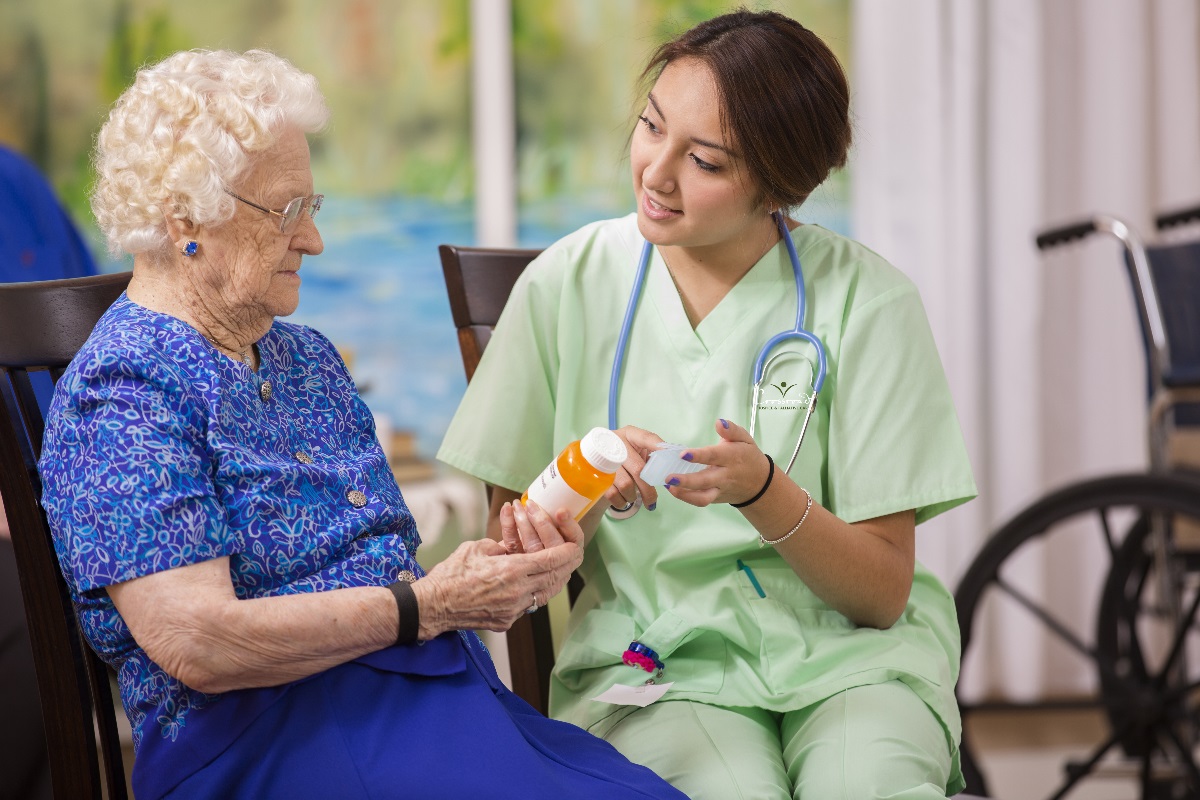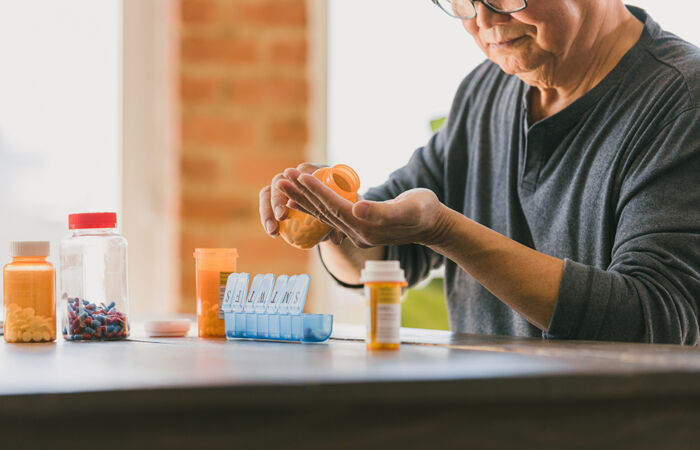Simple Steps to Managing Medications at Home

Medication management simply has to do with overseeing how patients use prescribed drugs. Medication, as good as it may be, if not properly managed, could result in serious health issues especially for children and for older adults.
However, managing medications can sometimes be difficult. This difficulty is usually experienced by older adults and those responsible for their care. It is quite mandatory for older adults to take their medications just as prescribed by their physician. Taking medications as prescribed is very essential for treating a senior’s health condition.
Many seniors turn out to be polypharmacists as a result of aging. A polypharmacist can be said to be a person who uses multiple drugs to treat multiple diseases. Thus, medication management becomes very important for patients with multiple health issues.
Most seniors rely on medicines to stay healthy, ward off sickness, and manage chronic conditions. It has been statistically proven that seniors take more medicine than the general population. We have compiled these tips for you to help you avoid mismanagement of your medication:
-
Be sure of what to use
If, after you’ve been given your drugs, you’re having difficulty knowing which one to take or vice versa, it is best to contact your physician. It is unsafe for your health to gamble with quantities or dosages. Ask questions. Contact your physician to be certain of what to use, and vice versa.
It is advisable to write out the medications you’re to take and their dosages. In cases where seniors have caregivers taking care of them, it is the duty of a professional caregiver to ensure that medicines prescribed for his or her patient are taken appropriately.

-
Make use of reminders
Technology has made life somewhat easier for everyone. You can set reminders on your phone and tablet. Forgetting to use your drug at the appropriate time may cause dysfunction in your body system. To avoid this, you can set an alarm reminder or, better yet, make a calendar for yourself. It is advisable to have a fixed time when you take your drugs every day.
-
Practice sorting pills
It is safe and even easier to have your pills sorted before using them. You can begin by practicing the weekly sorting of pills. Make yourself a container where you can keep these drugs, and while doing that, ensure you don’t mix up the drugs. You can go further by labeling the containers; these could include the doses and the time you’re to take the medicine. Having these containers labeled helps you avoid a mix-up. It even helps avoid forgetfulness because you can easily notice when you forget to use a particular medication.
-
Trash old medicines
If you’re the type to keep all your medications in one container, then you have to apply extreme caution. This is because medications have an expiration date. If you continue to keep all your pills in the same container, there is a chance that they get mixed up, making you susceptible to taking an expired medicine. You need to pay close attention to how you manage your medicines because it can cause serious side effects. Trash old drugs and contact your physician to know if you need to get new ones.
-
Don’t prescribe medicines for yourself
As an older adult, avoid the urge to prescribe drugs for yourself. You may be tempted to increase the dosage of a particular medication, take it more frequently than prescribed to treat a symptom, or even include an over-the-counter (OTC) drug in your medications in a bid to get faster relief. Doing all these will put you at risk of overdose, which can plunge you into a health crisis. It is thus essential to take medicines exactly as prescribed. If, however, you feel you’re not getting the expected relief, it is safer to contact your doctor.
-
Keep your medicine safe
Practice storing your medicine in a cool place, not where moisture and heat can easily render it useless. Also, for older adults who have their grandchildren visiting them often or perhaps your neighbor’s children, you must see to it that your medications are kept out of the reach of children. It is advisable to have a fixed place in your home where all your medicines are safely kept.
-
Don’t combine your medicine with alcohol
Many older adults risk health complications when they combine prescribed medication with alcohol. Your body functions more slowly as an older adult, making your body sensitive to the effects of medicines and alcohol. There’s a high chance that your medicine will interact with alcohol to form harmful toxins that pose dangerous effects to your aging body.
Proper management of your drugs will help you ward off many health complications. If you’re ever uncertain about what to do with your medicine, when to use it, or how to use it, please contact your doctor.
